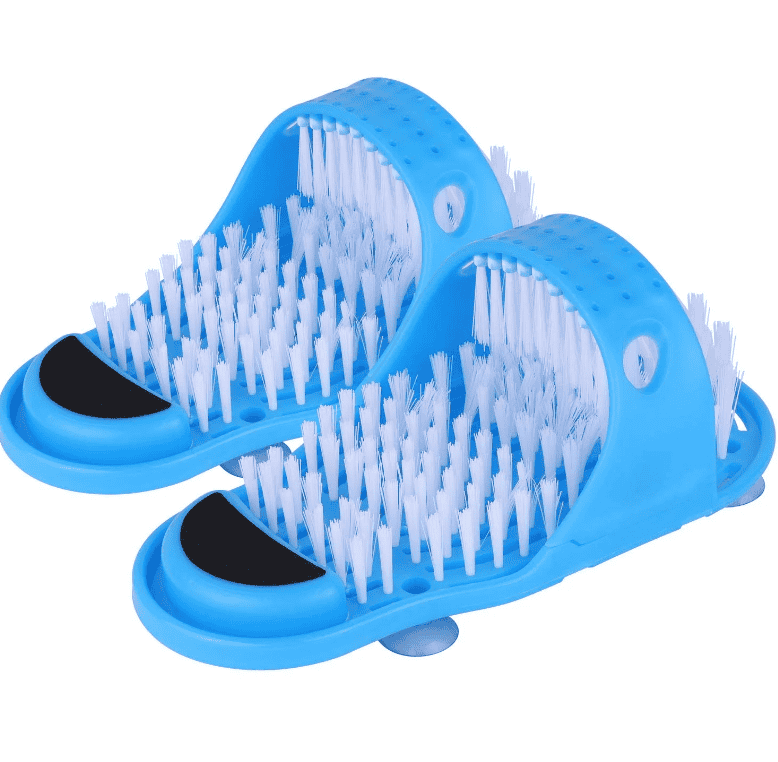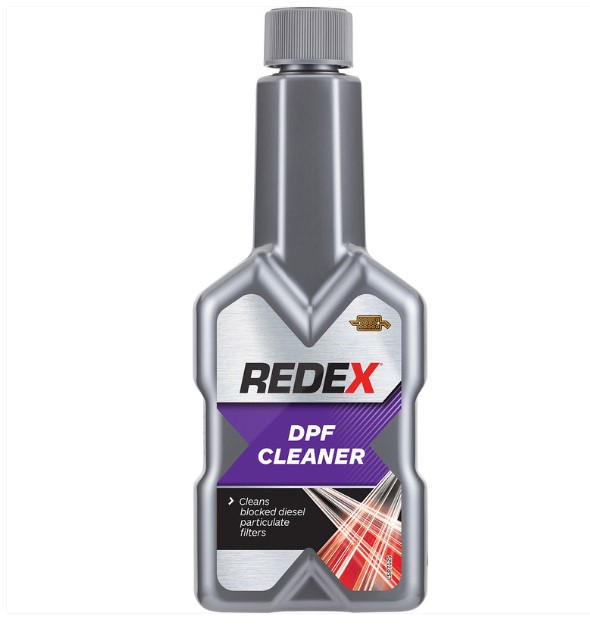Allergies can significantly impact daily life, causing discomfort and respiratory issues. Air cleaners play a crucial role in reducing indoor allergens, providing relief for allergy sufferers. This guide explores the best air cleaners for allergies, including options specifically designed for cat allergies, home allergies, and those featuring HEPA filters for maximum allergen removal.
Allergies can significantly impact our daily lives, causing discomfort and affecting our overall well-being. One effective way to mitigate these symptoms is by using an air cleaner specifically designed for allergies.
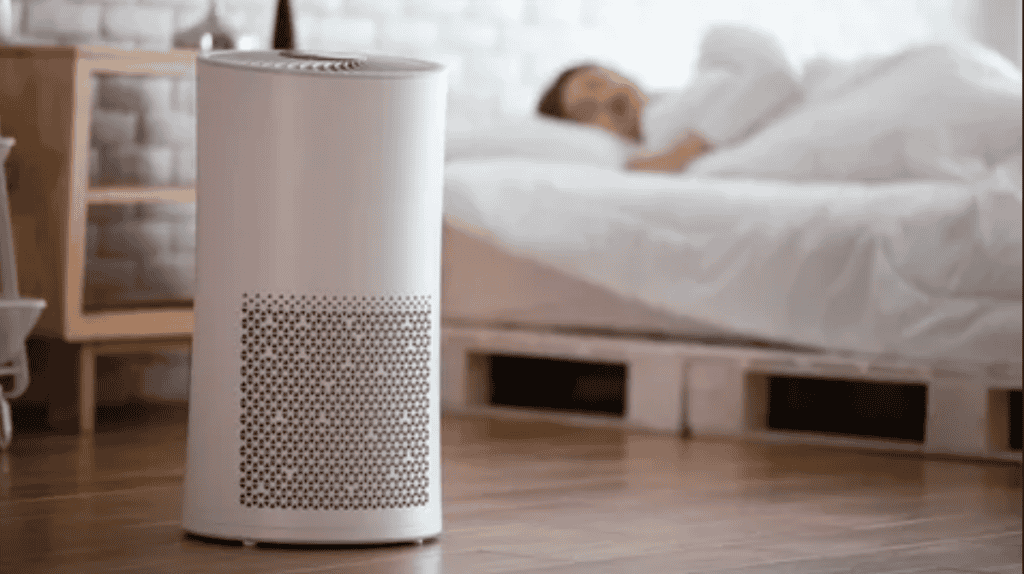
Types of Air Cleaners for Allergies
There are two main types of air cleaners for allergies:
- HEPA Air Cleaners: High-Efficiency Particulate Air (HEPA) filters capture 99.97% of particles as small as 0.3 microns, including allergens like pollen, dust mites, and pet dander.
- Electrostatic Air Cleaners: These cleaners use an electrostatic charge to attract and trap particles, including allergens. They are less efficient than HEPA filters but can be more affordable.
Choosing the Right Air Cleaner
When selecting an air cleaner for allergies, consider the following factors:
- Room Size: Choose a cleaner with a Clean Air Delivery Rate (CADR) that is appropriate for the size of the room you want to purify.
- Allergy Type: Determine the specific allergens you are targeting. HEPA filters are effective for most common allergens, while electrostatic filters may be better for pet dander.
- Noise Level: Air cleaners can produce noise, so consider the decibel level when choosing a model.
- Maintenance: Air cleaners require regular maintenance, such as filter changes. Choose a model with easily accessible filters and a low maintenance cost.
Benefits of Using an air cleaner for allergies
Air cleaners for allergies offer numerous benefits, including:
- Reduced Allergen Exposure: By removing allergens from the air, air cleaners can significantly reduce allergy symptoms such as sneezing, runny nose, and itchy eyes.
- Improved Air Quality: Air cleaners not only remove allergens but also other pollutants, such as smoke, dust, and mold spores, improving overall air quality.
- Enhanced Sleep: Allergens can disrupt sleep, but an air cleaner can create a cleaner and more comfortable sleeping environment.
- Reduced Asthma and Allergy Attacks: Air cleaners can help prevent asthma and allergy attacks by reducing exposure to triggers.
Conclusion
Choosing the best air cleaner for allergies can significantly improve your quality of life by reducing allergy symptoms and improving air quality. By considering the factors discussed above, you can select an air cleaner that meets your specific needs and helps you breathe easier. Remember to regularly maintain your air cleaner to ensure optimal performance and enjoy the benefits of a cleaner, healthier home environment.
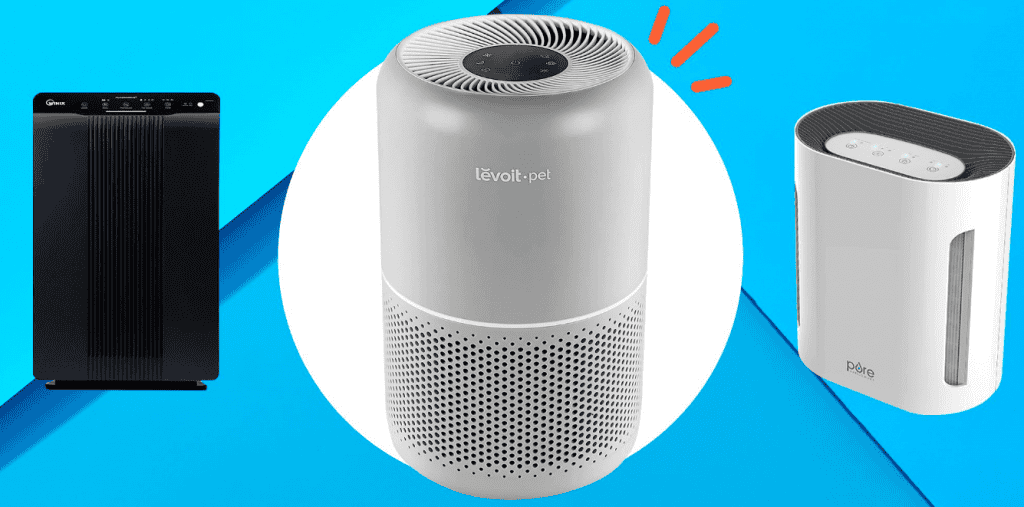
Air Cleaners for Home Allergies
Allergies can significantly impact our daily lives, causing discomfort and affecting our overall well-being. One effective way to mitigate these symptoms is by using an air cleaner specifically designed for allergies. These devices remove allergens from the air, creating a cleaner and healthier indoor environment.
Types of Air Cleaners for Allergies
There are two main types of air cleaners for allergies:
- HEPA Air Cleaners: High-Efficiency Particulate Air (HEPA) filters capture 99.97% of particles as small as 0.3 microns, including dust, pollen, and pet dander.
- Electrostatic Air Cleaners: These cleaners use an electrostatic charge to attract and trap particles, including allergens, smoke, and bacteria.
Choosing the Right Air Cleaner
When selecting an air cleaner for allergies, consider the following factors:
- Room Size: Choose a cleaner with a capacity that matches the size of the room where it will be used.
- Allergen Type: Determine the specific allergens you need to target, such as dust, pollen, or pet dander.
- Airflow Rate: The airflow rate indicates how much air the cleaner can process per minute. A higher airflow rate is more effective for larger rooms.
- Noise Level: Consider the noise level of the cleaner, especially if it will be used in a bedroom or other quiet area.
Benefits of Air Cleaners for Allergies
Air cleaners for allergies offer numerous benefits, including:
- Reduced Allergen Exposure: By removing allergens from the air, these cleaners can significantly reduce allergy symptoms such as sneezing, runny nose, and itchy eyes.
- Improved Air Quality: Air cleaners not only remove allergens but also other pollutants, such as dust, smoke, and bacteria, improving overall air quality.
- Enhanced Comfort: A cleaner indoor environment can lead to increased comfort and well-being, especially for those with severe allergies.
Maintenance and Replacement
To ensure optimal performance, it is crucial to maintain your air cleaner regularly. This includes:
- Filter Replacement: HEPA filters should be replaced every 6-12 months, while electrostatic filters can be washed and reused.
- Cleaning: Clean the exterior of the cleaner and any washable components as per the manufacturer’s instructions.
By following these guidelines, you can choose and maintain the best air cleaner for your allergies, creating a healthier and more comfortable indoor environment for yourself and your loved ones.
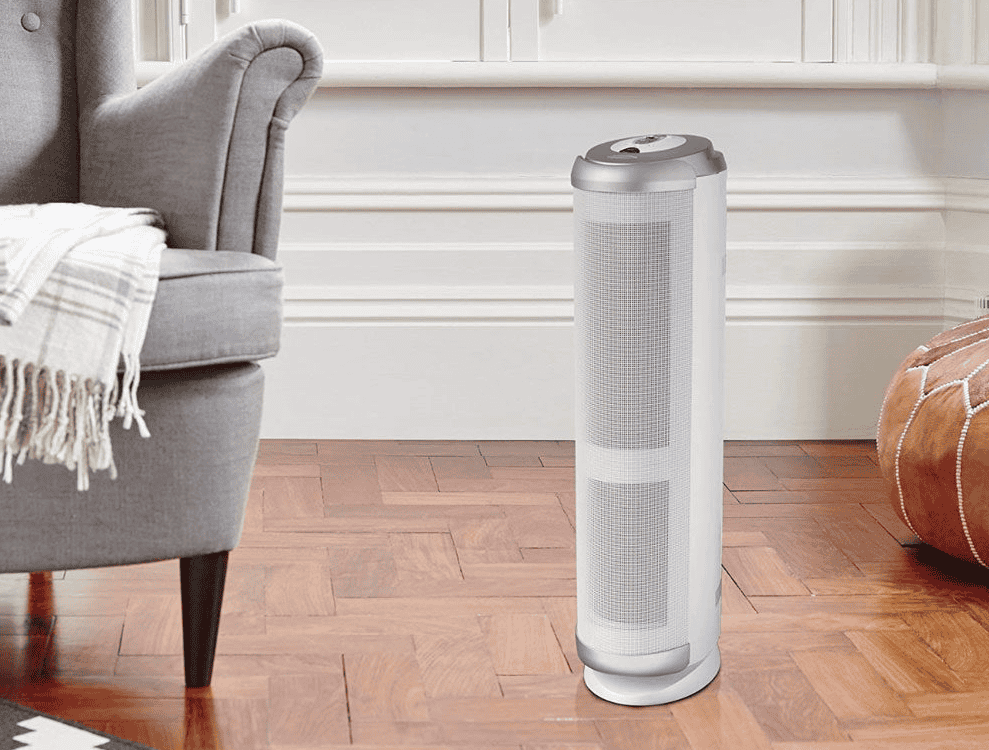
Air Cleaner for Cat Allergies
Allergies can significantly impact our daily lives, causing discomfort and affecting our overall well-being. One of the most effective ways to alleviate allergy symptoms is to invest in a high-quality air cleaner.
Understanding Air Cleaners
Air cleaners work by removing allergens, dust, and other particles from the air. They come in various types, including HEPA (High-Efficiency Particulate Air) filters, electrostatic precipitators, and activated carbon filters. HEPA filters are particularly effective in capturing small particles, including allergens like pollen, pet dander, and dust mites.
Choosing the Right air cleaner for cat allergies
If you suffer from cat allergies, selecting an air cleaner specifically designed to remove pet dander is crucial. Look for models with a high CADR (Clean Air Delivery Rate) for pet dander, which indicates the volume of air the cleaner can filter per minute.
HEPA Air Cleaners for Allergies
HEPA air cleaners are highly recommended for allergy sufferers. They can effectively remove up to 99.97% of particles as small as 0.3 microns, including pet dander, pollen, and dust mites.
Other Features to Consider
In addition to CADR and HEPA filtration, consider the following features when choosing an air cleaner:
- Room Size: Choose a cleaner with a CADR appropriate for the size of the room you intend to use it in.
- Noise Level: Opt for a quiet model if you plan to use the cleaner in a bedroom or other noise-sensitive area.
- Energy Efficiency: Look for Energy Star-certified models to save on energy costs.
- Maintenance: Consider the frequency and cost of filter replacements.
Placement and Maintenance
For optimal performance, place the air cleaner in a central location in the room. Regularly replace the filters according to the manufacturer’s instructions to ensure the cleaner continues to effectively remove allergens.
Conclusion
Investing in a high-quality air cleaner can significantly reduce allergy symptoms and improve your overall health and well-being. By choosing an air cleaner specifically designed for cat allergies, you can effectively remove pet dander and other allergens from your home, creating a more comfortable and allergen-free environment.
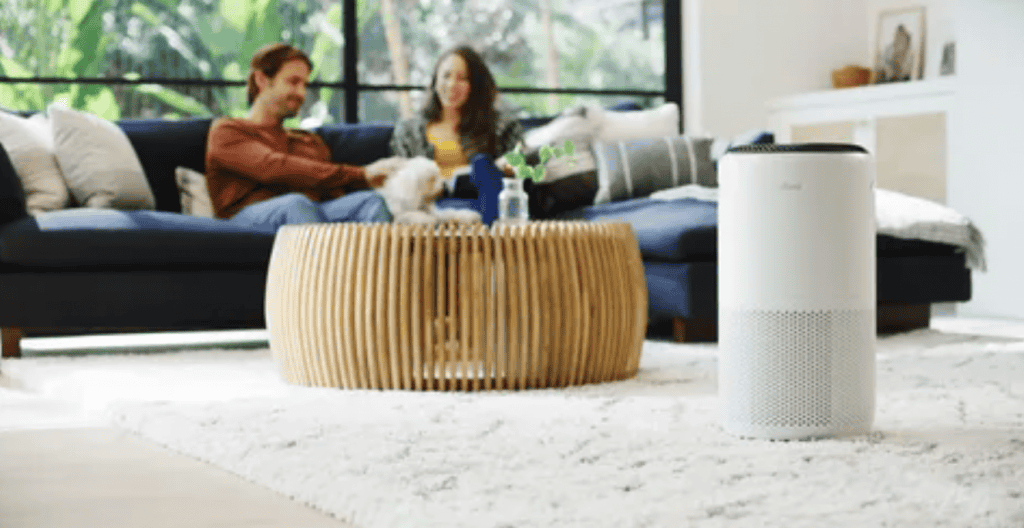
Air Cleaner for Allergies
Allergies can significantly impact our daily lives, causing discomfort and affecting our overall well-being. One effective way to mitigate these symptoms is by using an air cleaner specifically designed for allergies.
Types of Air Cleaners for Allergies
There are two main types of air cleaners for allergies:
- HEPA Air Cleaners: High-Efficiency Particulate Air (HEPA) filters capture 99.97% of particles as small as 0.3 microns, including allergens like pollen, dust mites, and pet dander.
- Electrostatic Air Cleaners: These cleaners use an electrostatic charge to attract and trap airborne particles, including allergens.
Choosing the Right Air Cleaner
When selecting an air cleaner for allergies, consider the following factors:
- Room Size: Choose a cleaner with a Clean Air Delivery Rate (CADR) that is appropriate for the size of the room you want to purify.
- Allergen Type: Determine the specific allergens you need to target. HEPA filters are effective for most allergens, while electrostatic filters may be better for pet dander.
- Noise Level: Some air cleaners can be noisy, so consider the noise level when choosing one for your home.
- Maintenance: Air cleaners require regular maintenance, such as filter changes. Choose a model with easy-to-replace filters.
Benefits of Using an air cleaner for allergies
Using an air cleaner for allergies offers numerous benefits:
- Reduced Allergen Exposure: Air cleaners remove allergens from the air, reducing exposure and alleviating allergy symptoms.
- Improved Air Quality: Air cleaners not only remove allergens but also other pollutants, such as smoke, dust, and mold spores, improving overall air quality.
- Enhanced Sleep: Allergies can disrupt sleep. By reducing allergen exposure, air cleaners can promote better sleep quality.
- Reduced Healthcare Costs: By mitigating allergy symptoms, air cleaners can help reduce the need for medications and doctor visits, potentially saving on healthcare costs.
Conclusion
An air cleaner for allergies can be a valuable tool in managing allergy symptoms and improving overall well-being. By choosing the right type of cleaner and considering factors such as room size, allergen type, and maintenance, you can find an effective solution to alleviate allergy-related discomfort and enhance your indoor air quality.
Q&A
What is the best air cleaner for allergies?
HEPA air cleaners are the best air cleaners for allergies as they can remove up to 99.97% of airborne allergens.
What is an air cleaner for allergies?
An air cleaner for allergies is a device that removes allergens from the air, such as dust, pollen, pet dander, and mold spores.
What is an air cleaner for cat allergies?
An air cleaner for cat allergies is a specific type of air cleaner that is designed to remove cat dander from the air.
What are air cleaners for home allergies?
air cleaners for home allergies are air cleaners that are designed to remove a wide range of allergens from the air, including dust, pollen, pet dander, and mold spores.
Conclusion:
For individuals suffering from allergies, investing in an air cleaner can significantly improve indoor air quality and alleviate allergy symptoms. HEPA air cleaners, in particular, are highly effective in capturing and removing allergens such as dust, pollen, pet dander, and mold spores. When selecting an air cleaner for allergies, consider factors such as room size, air flow rate, and filter type. Regular maintenance, including filter replacement, is crucial to ensure optimal performance and maintain a healthy indoor environment.


